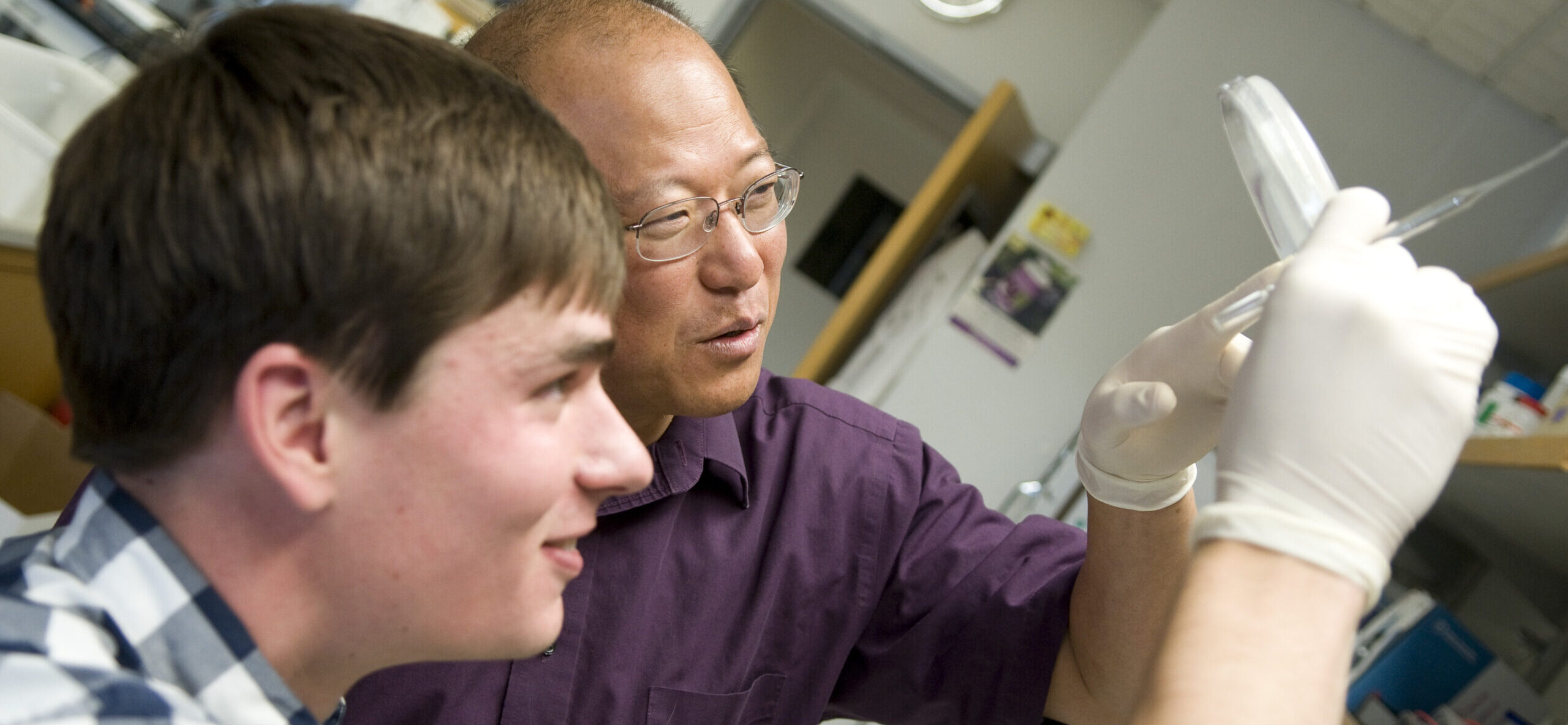There are many factors to consider when choosing a thesis lab. Some of these factors are things you can control, while others aren’t. When choosing a thesis lab, prioritize the issues you can control. This will help you find a lab that will benefit your research interests and your thesis. In addition, make sure the lab you choose is well-equipped to handle the work you plan to complete.
Choosing a thesis lab
Choosing a thesis lab is an important decision, but it can also be a gamble. Not only do you want to find a good mentor, but you also want a lab that will help you develop as a professional. The best way to decide if a lab is a right choice for you is to talk to fellow students and alumni about their experiences.
The graduate group has a tool called Choosing a tesilab.it which walks you through the process of choosing a lab. It is especially helpful for first-year students in basic or biomedical sciences Ph.D. programs. The tool will walk you through data collection, and help you think about your rotation experiences as you choose a thesis lab. It is useful for students at all stages of their thesis lab choice, and the program also hosts a panel discussion on the fall issue to provide advice.
When choosing a thesis lab, make sure you ask for fair access to the lab’s facilities. This means that you should be able to discuss the lab’s budget and space requirements with professors during your rotation. Then, be sure to consult the guidelines of your advisor to ensure that you get the proper funding and space for your research.
Choosing a mentor
When selecting a mentor for your thesis lab, there are several things to keep in mind. First, be sure to choose someone who will give you the attention and time that you need. Also, make sure that your mentor is willing to support your professional development after you graduate.
Choosing a mentor is not a decision to be made lightly. You will be forming a long-term relationship with this mentor. Ultimately, you’ll want a mentor who is an accomplished scientist, who is willing to provide the support and resources you need to complete your thesis project.
Different mentors have different styles and expectations for students. Some are hands-on and excited about the project. Others have more experience and may have other roles in the department. Be sure to discuss these expectations early on.
Managing a thesis lab
There are several things to consider when managing a thesis lab. One of the most important things is finding a mentor. This is not always easy and is a bit of a gamble as you are still a student. The best way to assess whether it’s a good fit is to talk to other students who have joined the lab in the past. Alumni can also offer honest feedback.
Choosing the right lab for your project is a major decision and one that should be researched thoroughly. There are several resources available to students, including the graduate group’s lab rotation manual and faculty advice. You can also access the databases PubMed and NIH RePORTER to find information on different labs. Another excellent resource is your faculty advisor, Maggie. The graduate program also holds a panel discussion every fall about choosing a thesis lab.
When choosing a thesis lab, students should be sure to understand the scope of their project. The goal of a lab is to develop a thesis, and it should be an extension of the student’s previous research. Therefore, students should discuss their potential thesis projects with the faculty members before choosing one. They should also spend extra time working with the existing students in the lab so that they can learn more about the techniques they will be using.
Writing a thesis
There are several factors to consider when writing a thesis in the thesis lab. The written document must be original and should reflect your research and understanding of data. You must make sure that your thesis will show a clear understanding of the problem, the methodology used, and key results. Here are some tips for writing an excellent thesis. You may want to work with a thesis advisor to ensure that your project is on track and will be completed promptly.
When writing a thesis, make sure to create an outline. The thesis itself is a long report, typically organized in problem-method-results-discussion. You may also have to write a lab notebook detailing your procedures and results. You will also need to write a title for your thesis, which should be informative and contain keywords. Also, be sure to include the name of your supervisor and the place and date of your research.
The thesis committee should consist of four faculty members. The committee should include a variety of disciplines. At least one faculty member must be a CAMB member. The committee should also include a thesis mentor, who is a non-voting ex-officio member of the committee.
